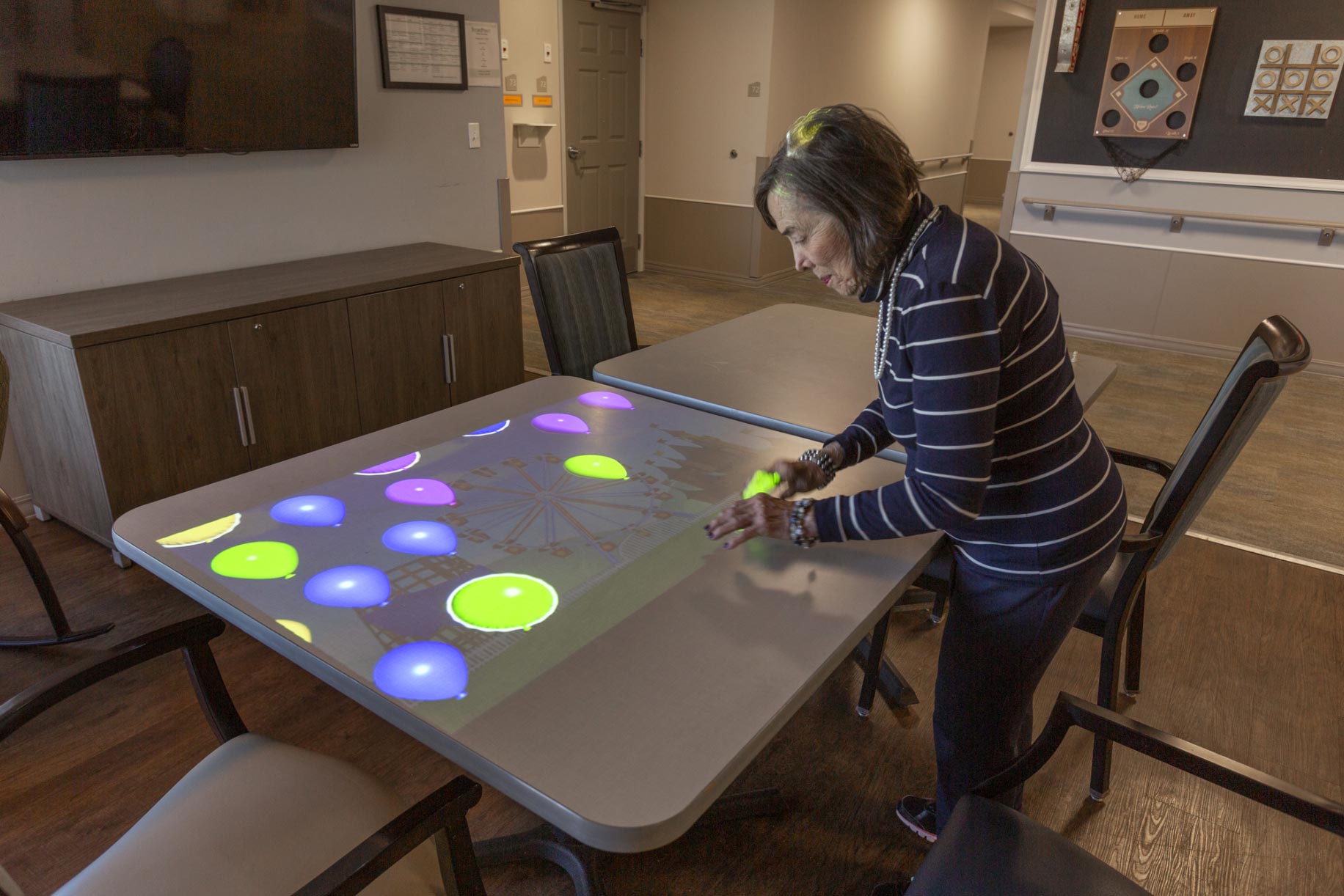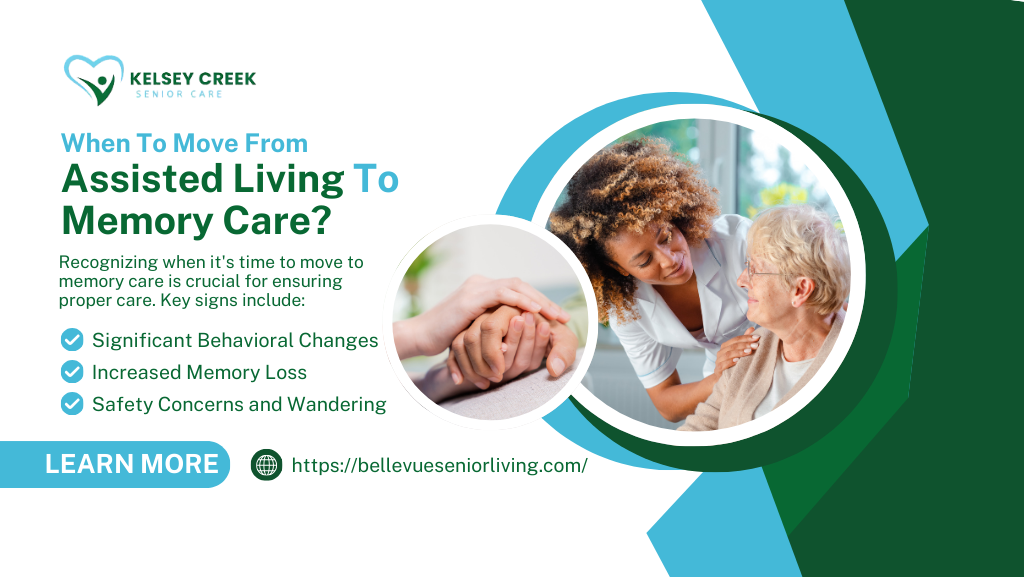Creating a Safe and Supportive Atmosphere for Alzheimer's Care
The creation of a secure and helpful atmosphere for people with Alzheimer's is vital in enhancing their top quality of life. This includes not just physical adaptations within the home, such as reducing hazards and including familiar components, but likewise the application of organized routines and purposeful activities that satisfy their cognitive requirements. Additionally, understanding the psychological and psychological measurements of care can dramatically impact their complacency and link. Exploring these diverse techniques can expose vital understandings into effective caregiving strategies that may change the daily experiences of both clients and caregivers.
Comprehending Alzheimer's Requirements
Often, people with Alzheimer's condition show a variety of demands that call for customized techniques to care. As the problem advances, cognitive decline materializes in different methods, impacting memory, reasoning, and even the ability to perform day-to-day tasks. Caregivers need to acknowledge these developing needs to provide appropriate assistance and make sure a greater high quality of life for those affected.
One crucial aspect of recognizing Alzheimer's needs is identifying the relevance of regular and familiarity. People typically locate comfort in recognized patterns, which can lower anxiousness and complication. Caregivers should make every effort to create organized daily routines that incorporate significant tasks straightened with the person's capabilities and interests.
In addition, effective interaction is extremely important. People with Alzheimer's may have a hard time to express themselves or comprehend complicated language. Caretakers must utilize basic, clear language, use non-verbal signs, and method energetic paying attention to cultivate understanding and connection.
Lastly, emotional and social demands can not be neglected. Providing possibilities for social communication and preserving relationships can considerably boost psychological well-being. Caregivers ought to motivate engagement in community activities or family members gatherings, advertising a sense of belonging and objective. Understanding these diverse demands is vital for creating a supportive care setting.
Designing a Safe Home
Producing a risk-free home for individuals with Alzheimer's illness is vital to reducing threats and advertising freedom. The layout of the living area should prioritize safety and security while enabling personal comfort. Remove prospective dangers such as loosened carpets, sharp objects, and clutter, which can lead to drops or crashes. Ensure that pathways are well-lit and clear, as correct illumination decreases disorientation and enhances flexibility.
Incorporating flexible features is additionally important. Mount grab bars in bathrooms and near staircases, and think about using non-slip floor coverings in damp areas. Furthermore, using different colors for floorings and walls can aid in identifying rooms, aiding to mitigate confusion.
Experience is essential for individuals with Alzheimer's. Customizing the environment with acquainted objects and photos can enhance a sense of belonging and protection - Alzheimers Care Charlotte. It is likewise beneficial to have actually a designated area for day-to-day tasks, such as reading or crafting, which can supply framework to their day
Finally, applying a protected outside room enables secure exploration while getting in touch with nature. By attentively making the home environment, caregivers can substantially boost the top quality of life for people coping with Alzheimer's condition.
Enhancing Interaction Skills

Non-verbal interaction, consisting of face expressions, gestures, and touch, plays an essential role in sharing compassion and understanding. Maintaining eye contact and a tranquil temperament can boost the comfort level of the person, advertising a feeling of safety.
Moreover, it is very important to exercise active listening. This entails being completely present, revealing persistence, and allowing the individual to reveal themselves without interruption. Rep might be required; caretakers must be prepared to revisit concerns or topics, as people with Alzheimer's may fight with memory recall.
Furthermore, making use of aesthetic aids or signs, such as photos or acquainted items, can facilitate recognition and engagement. Inevitably, improving interaction skills has to do with building depend on and developing an atmosphere where people really feel listened to, valued, and comprehended, therefore enriching their lifestyle.
Encouraging Social Communication
Cultivating significant social communications can significantly boost the wellness of people with Alzheimer's disease. Engaging with others not just aids combat sensations of seclusion but likewise boosts cognitive feature and emotional health. Structured social tasks, such as team arts, crafts and video games, or music therapy, produce possibilities for residents to get in touch with peers and caretakers, which can result in enhanced state of mind and lowered anxiety.
Producing a welcoming setting that encourages socialization is crucial. This can be achieved by organizing common areas that assist in communication, such as cozy seating areas or activity rooms. Additionally, incorporating familiar and culturally appropriate activities can stimulate memories and encourage involvement, enabling individuals with Alzheimer's to feel more connected to their past experiences.
In addition, caregivers ought to be trained to acknowledge and promote social involvement he has a good point among residents. By focusing on social interaction, we can significantly improve the lives of those living with Alzheimer's, promoting a feeling of neighborhood and belonging.
Supporting Caretaker Wellness
To sustain caregivers, companies need to use regular training and instructional resources to boost their understanding of Alzheimer's illness and caregiving strategies. Offering accessibility to reprieve treatment solutions allows caregivers to take required breaks, lowering stress and tiredness - Alzheimers Care Charlotte. Furthermore, promoting an area via support system can help with psychological sharing and the exchange of useful advice amongst caretakers, developing a network of mutual support
Psychological health and wellness sources, such as therapy solutions, can also be crucial in resolving the psychological toll caregiving can take. By focusing on caretaker health, we develop an even more lasting caregiving setting that not Extra resources just profits the caregivers themselves however likewise improves the general high quality of care received by individuals with Alzheimer's. Ultimately, sustaining caretakers is a crucial element in promoting a effective and thoughtful care setup.
Conclusion
To conclude, the creation of a secure and encouraging environment for individuals with Alzheimer's is necessary to improving their high quality of life. By focusing on security through thoughtful design, cultivating emotional well-being with familiar components, and advertising involvement with structured routines, caretakers can substantially impact the overall experience of those impacted by this condition. Moreover, sustaining caregiver health is important, as it inevitably contributes to an extra efficient and compassionate treatment environment.
Rep might be required; caretakers ought to be prepared to take another look at questions or subjects, as individuals with Alzheimer's might struggle with memory recall.
